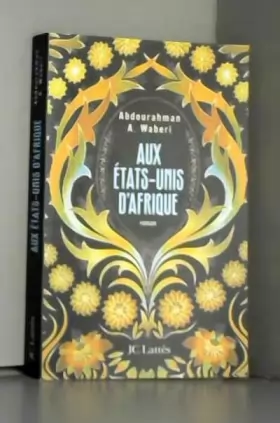
the naturalist aesthetic and the discourse of humanitarianism, whether in the form of sentimentalism or of human rights law. The African war novel lies at the convergence of two sensibilities it encounters in European traditions.

Coundouriotis argues that this genre, aimed more specifically at African readers than the continent's better-known bildungsroman tradition, nevertheless makes an important intervention in global understandings of human rights. This study offers a literary history of the war novel in Africa. Lastly, this paper aims to dignify the studies on Portuguese language, as well as to evidence the complexity implicit in translating from Portuguese to Spanish, in this and other literary contexts. This constant yet casual creation of neologisms is, therefore, also a way to address the fact that speakers must take an active part in the use of their language, using their imagination as a tool. At the same time, this paper reflects on the role that the creation of neologisms play in the works of Mia Couto, since this writer alters and “corrupts” his mother-tongue in an attempt to appropriate it. By doing this, we do not only evidence the richness of his narrative style, but also the need to investigate the historical context in which this narrative is located, something that the translator must be very familiar with. Our investigation highlights the importance that orality plays in the works of this author, together with the use of vernacular languages, cultural references and, most importantly, the creation of neologisms, a technique frequently used by the writer and that this paper explores through the analysis of some of the terms created in “Nas águas do tempo”.

Mia Couto's writing style, which belongs to the literary context of post-colonial African literature and, particularly, to African literature written in Portuguese.

Taking our translation proposal of one of his short-stories (“Nas águas do tempo”) as the starting point, this paper evaluates the high complexity of translating. This paper explores some of the main features that define the narrative style of the Mozambican writer Mia Couto, together with the many challenges that translators have to face when translating his stories from Portuguese to Spanish.


 0 kommentar(er)
0 kommentar(er)
